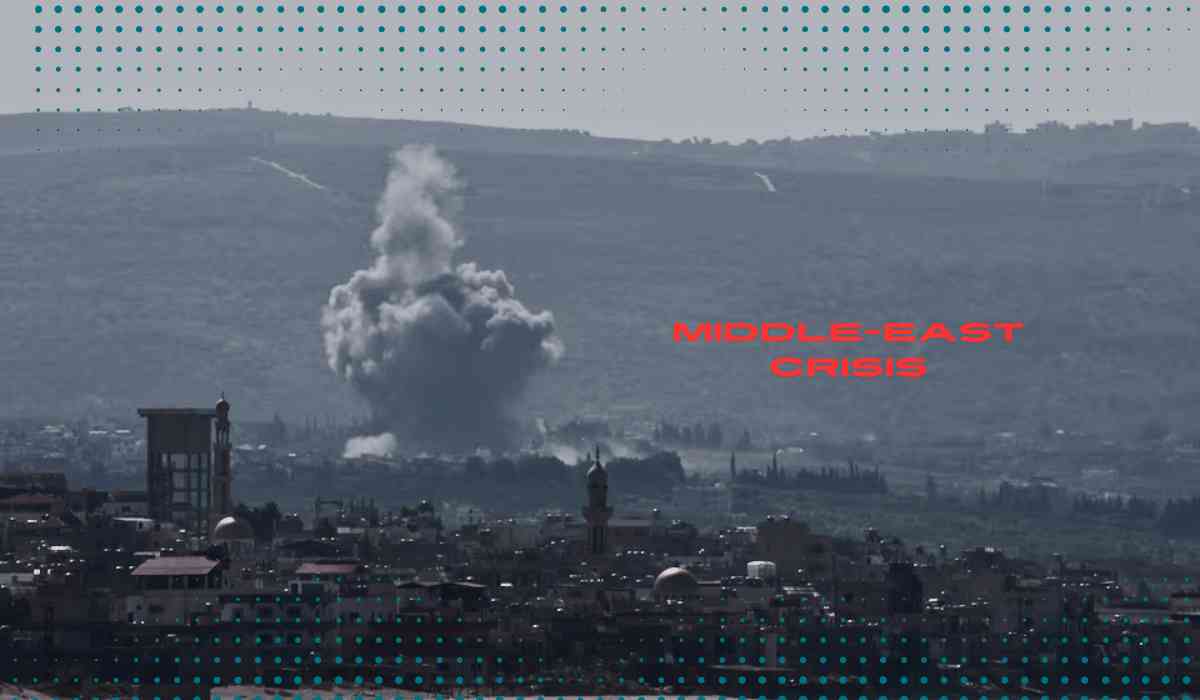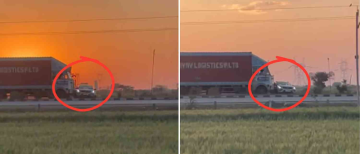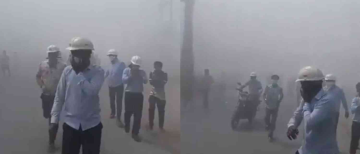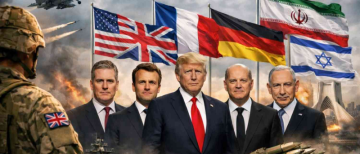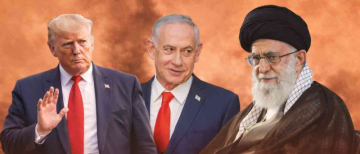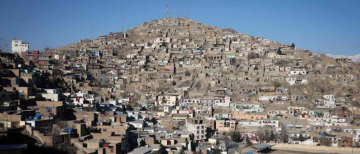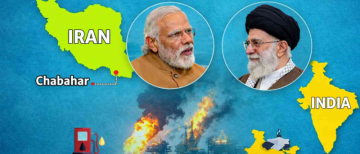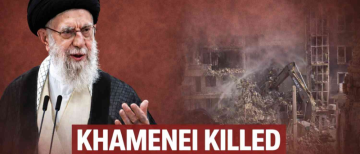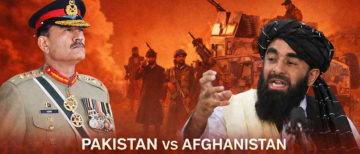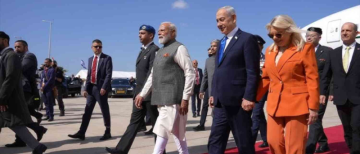The conflict between Israel and Hezbollah has intensified, with the Lebanese Health Ministry reporting that the death toll from Israeli airstrikes has risen to 558. Among the deceased are at least 50 children and 94 women, highlighting the severe impact on civilians. In addition to the fatalities, over 1,835 people have been wounded, with Lebanon’s healthcare system struggling to cope under the immense pressure.
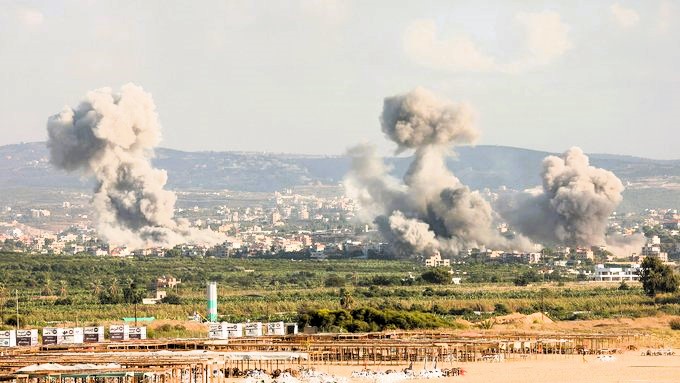
Hezbollah Retaliation: A Surge in Cross-Border Attacks
In response to the Israeli bombardment, Hezbollah has escalated its retaliatory actions, launching a barrage of missiles targeting Israeli military bases. The militant group has vowed to continue its attacks as long as Israeli strikes persist. This exchange of fire represents the most significant flare-up of violence between the two sides since their war in 2006.
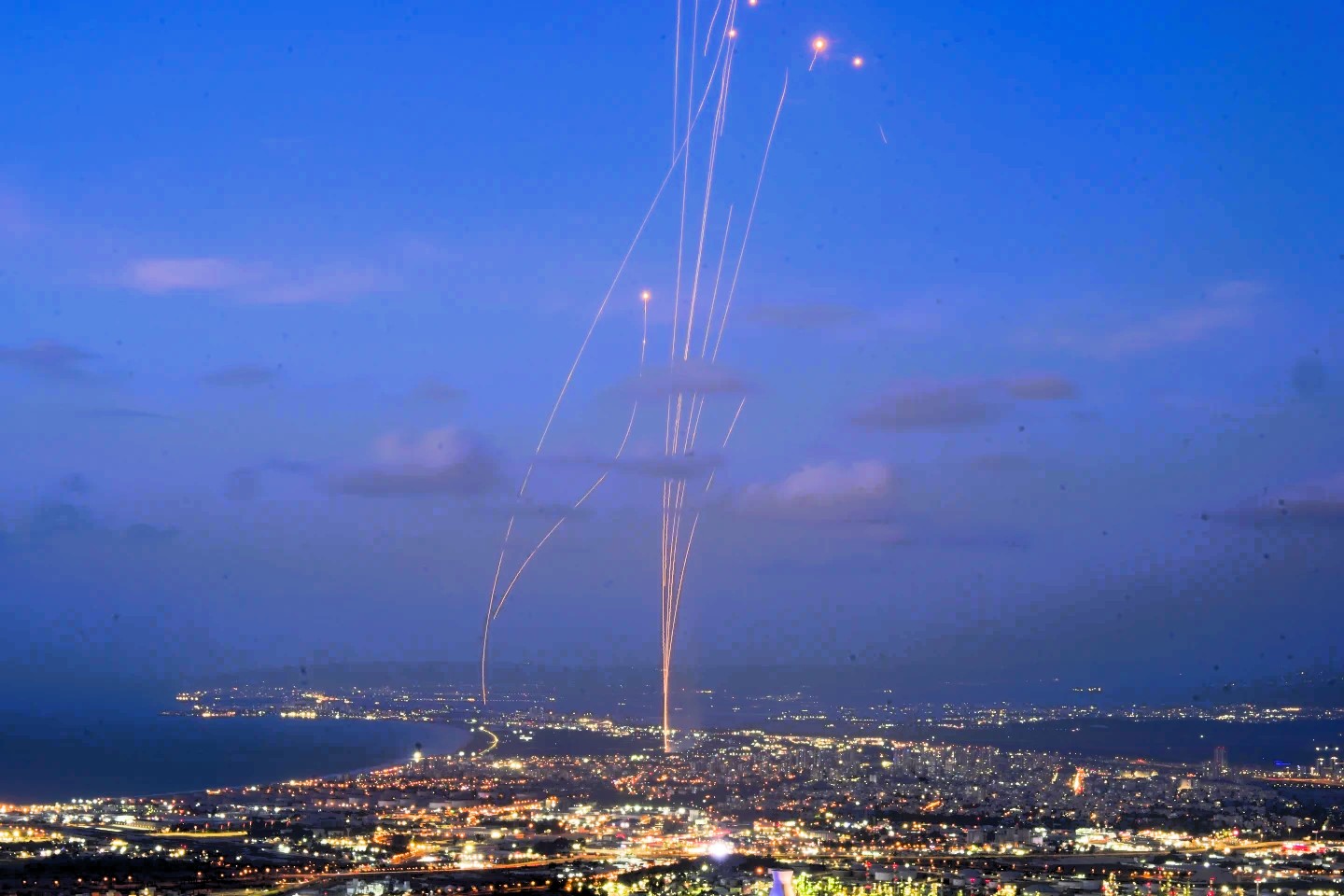
Israel Iron Dome
Global Concerns and Calls for Restraint
The international community is increasingly alarmed by the situation. The United Nations and various global leaders have called for an immediate de-escalation to prevent further loss of life. The UN's human rights office has emphasised the importance of protecting civilians, reminding all parties of their obligations under international humanitarian law to distinguish between combatants and non-combatants.
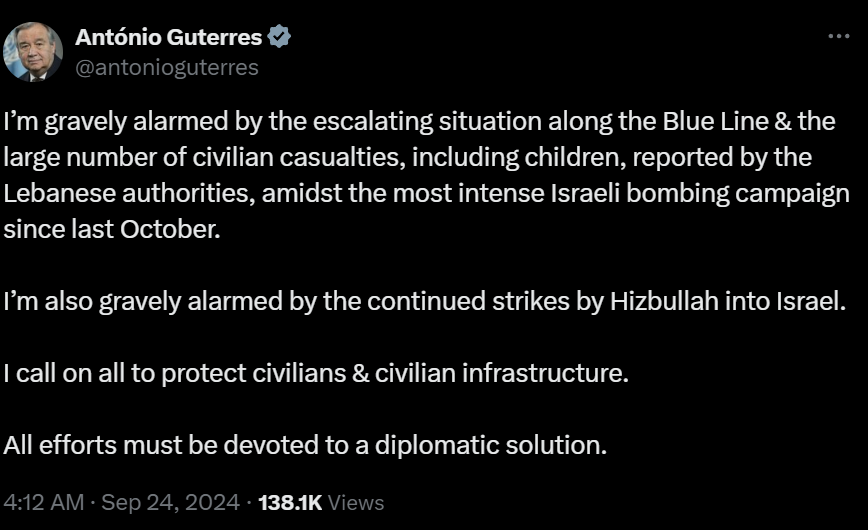
Humanitarian Crisis Worsens: Thousands Flee Southern Lebanon
As the violence continues, thousands of residents in southern Lebanon are fleeing their homes. Highways leading to Beirut are gridlocked as families attempt to escape the heavy bombardment. The Lebanese government has set up 89 temporary shelters in schools and other facilities to accommodate the displaced, but the situation remains dire, with urgent needs for food, medical supplies, and shelter.
_1727176705.jpg)
Families from south Lebanon loaded cars, vans and trucks with belongings and people, sometimes multiple generations in one vehicle.
Also read: Tensions Soar: Hezbollah and Israel Exchange Heavy Fire
Kremlin Warns of Regional Destabilisation
The Kremlin has expressed grave concerns over the potential for the conflict to destabilise the entire Middle East. Russian officials have warned that the ongoing Israeli strikes on Lebanon could lead to a broader regional conflict. This warning comes as the situation continues to escalate, with fears that Hezbollah’s increased attacks could provoke a wider war involving other regional players.
_1727179304.webp)
Israeli Military Operations: Targeting Hezbollah Infrastructure
The Israeli military has confirmed that it has launched over 1,600 strikes into Lebanon, targeting Hezbollah’s military infrastructure, including weapons storage sites and launchers. Israel maintains that its operations are necessary to defend its territory from Hezbollah’s attacks, but the scale of the airstrikes has drawn criticism from various international quarters, including Russia and several humanitarian organisations.
Prime Minister Benjamin Netanyahu:
"I have a message for the people of Lebanon:
Israel's war is not with you.
It's with Hezbollah.
For too long, Hezbollah has been using you as human shields. It placed rockets in your living rooms and missiles in your garage. pic.twitter.com/yfzAquJooE— Prime Minister of Israel (@IsraeliPM) September 23, 2024
Conclusion: The Path Ahead
As the conflict between Israel and Hezbollah enters a critical phase, the world watches anxiously. With the death toll rising and no end in sight, the need for a ceasefire and diplomatic intervention is more urgent than ever. The potential for further escalation poses a significant threat to regional stability, with the risk of drawing neighbouring countries into the conflict. The international community's efforts to mediate and push for peace will be crucial in the coming days.
With inputs from agencies
Image Source: Multiple agencies
© Copyright 2024. All Rights Reserved Powered by Vygr Media.

